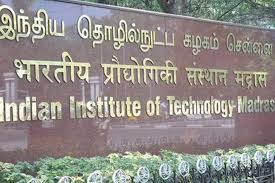
Tanzania plans to invest $1.9 billion each year by 2025 in energy projects in a bid to end power shortages and boost industrial growth in East Africa’s second-biggest economy, its prime minister said.
Tanzania aims to boost power generation capacity to 10,000 megawatts from around 1,500MW at present, using natural gas and coal and reducing its dependence on hydro power sources.
“Tanzania’s electricity sector faces another important challenge. As it is heavily dependent on hydropower, energy provision cannot be ascertained in times of drought,” Tanzania’s prime minister, Kassim Majaliwa, said in a statement late on Tuesday.
“Severe and recurrent droughts in the past few years triggered a devastating power crisis as electricity generation in most of the hydropower stations have progressively been declining in recent years, occasionally resulting in long hours of power black outs.”
Majaliwa said the government wants to see more private capital investment in the energy sector.
“The projected power projects funding exceeds the existing government fiscal space,” he said. “To attract private capital, the government is improving institutional set up, legal and regulatory frameworks.”
Investors have long complained that lack of reliable power was one of the obstacles of doing business in Tanzania.
Tanzania said last week Japan’s Koyo Corporation plans to invest $1 billion in a gas-fired power plant near big offshore natural gas fields off the African country’s southern shore.
Source: http://economictimes.indiatimes.com/articleshow/52432817.cms?utm_source=contentofinterest&utm_medium=text&utm_campaign=cppst






